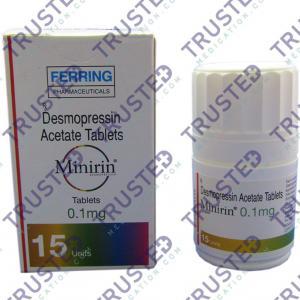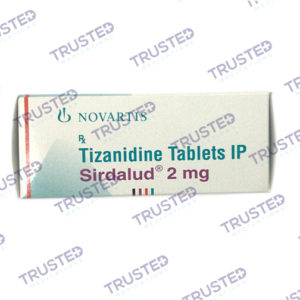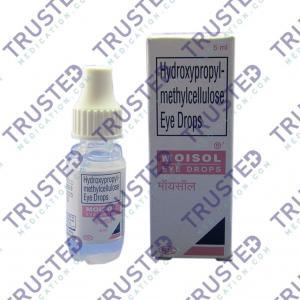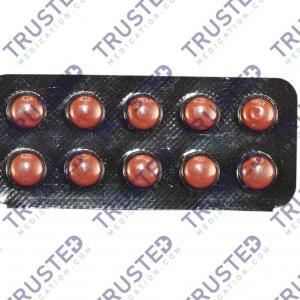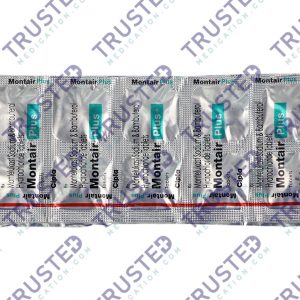
Vocal cord lesions are noncancerous growths or changes in the vocal cords, which are bands of tissue located in the larynx (voice box) responsible for producing sound. They are common conditions that can affect individuals who rely heavily on their voices, such as teachers, singers, actors, and public speakers. They typically develop due to overuse or misuse of the vocal cords.
These lesions include nodules, polyps, and cysts.
· Vocal cord nodules also known as screamer’s nodules or singer’s nodules are small, non-cancerous growths that typically develop on both vocal cords. They develop due to repeated misuse or overuse of the voice. Vocal cord nodules are characterized by thickened, callus-like formations on the edges of the vocal cords.
· Vocal cord polyps are blister-like lumps that may form on one or both vocal cords. They appear larger than nodules and are more blister-like and swollen. Unlike nodules, which develop gradually over time, polyps often form as a result of acute trauma or injury to the vocal cords. They can vary in shapes and sizes.
· Vocal cord cysts are localized inflammation or fluid-filled sacs on the vocal cords. They are common in persons who misuse or overuse their voice.
Causes and Risk Factors for Vocal Cord Lesions
Several factors can contribute to the development of vocal cord lesions, including:
- Vocal Strain and Overuse: Excessive or improper use of the voice can lead to vocal cord nodules and polyps. These includes shouting, screaming, or speaking loudly for extended periods.
- Vocal Cord Trauma: Acute injuries or trauma to the vocal cords can cause polyps or cysts to develop. These include singing with improper technique, coughing, and throat clearing.
- Chronic Irritation: Exposure to irritants can irritate the vocal cords and contribute to the formation of lesions. These include smoke and pollution.
- Gastroesophageal Reflux Disease (GERD): Chronic acid reflux may irritate the vocal cords. Thus, increasing the risk of vocal cord lesions.
- Voice Profession: Individuals who rely heavily on their voice for their profession are at higher risk of developing vocal cord lesions.
- Smoking: Tobacco smoke contains numerous harmful chemicals that can irritate the throat and vocal cords. Thus, leading to the development of vocal cord lesions.
What are the Symptoms of Vocal Cord Lesions?
The symptoms of vocal cord lesions depend on the size and location of the growth. Common symptoms include:
· Voice fatigue
· Hoarseness
· Loss of voice
· Reduced vocal range
· Pain or discomfort when speaking or singing
How is Vocal Cord Lesion Treated?
Treatment for vocal cord lesions includes:
1. Voice rest to ease swelling and inflammation.
2. Vocal therapy to promote healing of the vocal cord injury.
3. Medications to treat conditions that contributes to voice disorders.
4. Surgical removal of cyst and polyps.
5. Injection therapy for severe nodules.
Can Vocal Cord Lesion Be Serious?
Vocal nodules generally are not serious. However, they can have significant effects on a person’s quality of life, particularly if left untreated. Long-term vocal problems are capable of interfering with communication and professional activities. In severe cases, untreated vocal cord lesions may lead to more serious complications, such as permanent voice changes or scarring of the vocal cords.
Vocal cord nodules, polyps, and cysts are common conditions that can significantly impact voice quality and function. While they are usually benign, prompt diagnosis and appropriate treatment are essential to prevent complications and restore vocal health.

